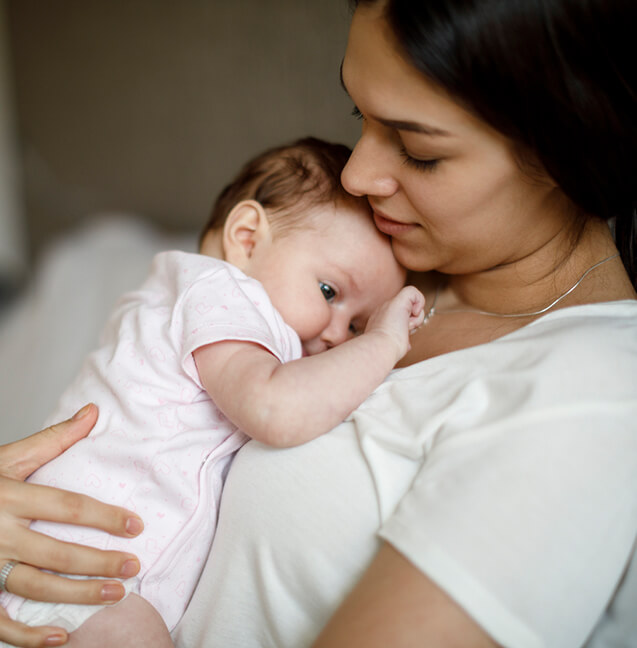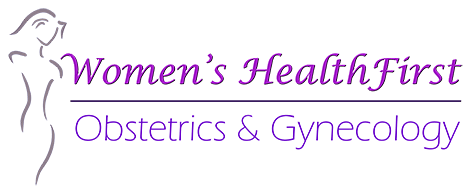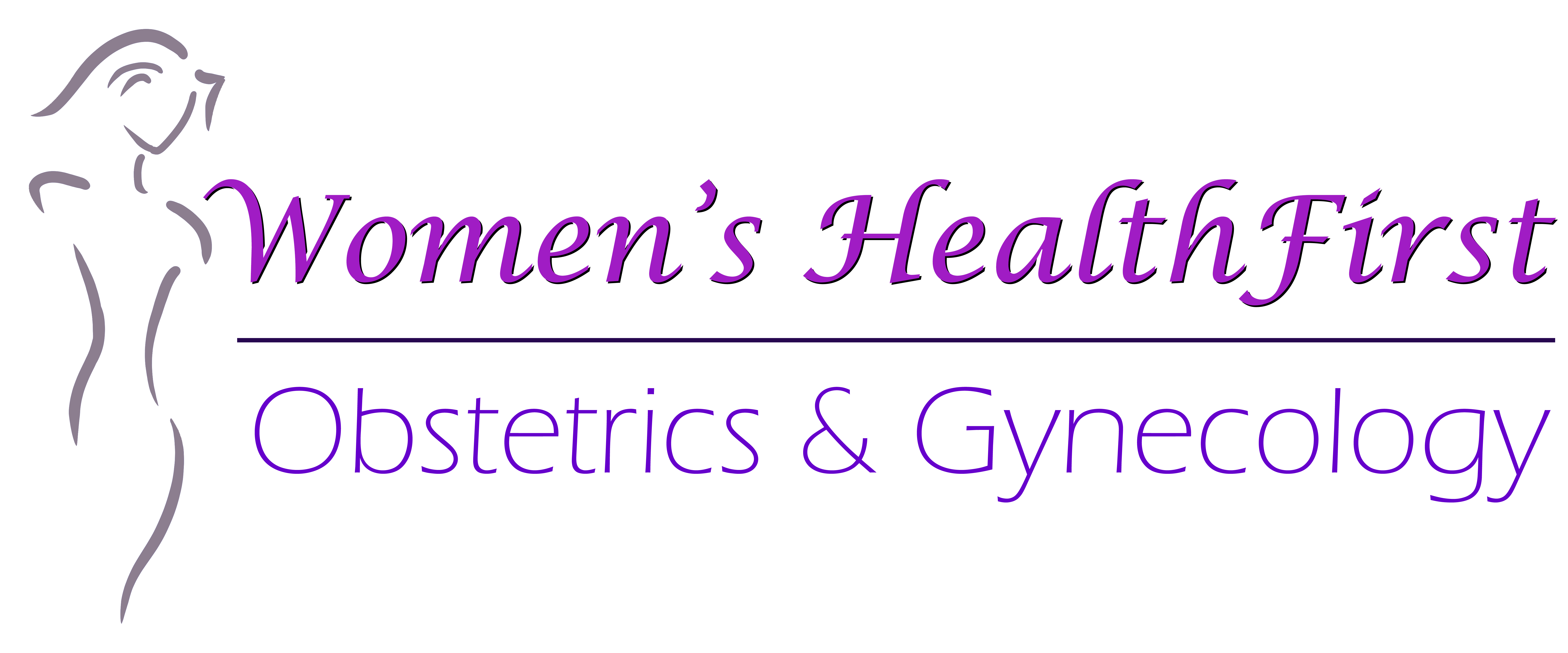Postpartum Blues or Depression
For most women, planned or even unplanned pregnancies can make you feel wonderfully excited to bring a new life into this world. Even with twinges of anxiety or concerns that you may not be fully prepared, it typically dulls in comparison to the happiness a new baby can bring. After waiting a long time to meet your new little person, you can be thrown for a loop in the form of postpartum depression (PPD). Postpartum refers to the period of time directly following childbirth.
When you are pregnant, your body goes through a multitude of physical, mental, and emotional changes. After delivery, these changes within your body do not cease immediately. It’s possible to have deep feelings of sadness, anxiety, restlessness, or a series of crying fits. Almost 15% of new moms endure postpartum depression, but it should comfort you rather than alarm you to know that you are not alone. It may feel unending, but this condition is short term, and more importantly, not your fault or a reflection on you being a great parent.
There are a few things that contribute to feelings of depression after birth. You may also have hormonal imbalances like low levels of thyroid hormones or be affected by the rapid drop in estrogen following labor.

Postpartum depression is an illness that attacks your mental health. It typically begins in the first few days following childbirth and can last from weeks to several months - not to be confused with the phrase “baby blues,” which only lasts a few days after birth. In more severe cases lasting over two weeks, you may require help and guidance from your healthcare provider. Either way, there is more for you to understand about this condition and resources available for you to give it your best fight.
Symptoms of Postpartum Depression
Emotional changes after delivering your baby are expected and can be intensified once you take your baby home and begin settling into your new motherly routine. Being aware of the symptoms can help you identify whether you feel like you can manage this alone or need to seek additional support. If you have five or more of these symptoms, they last more than two weeks, or you feel like you or your baby may be at risk of harm, consult your doctor as soon as possible. Signs and symptoms of PPD include:
- Feeling very sad for most of the day
- Feelings of hopelessness or worthlessness
- Apathy or feeling disconnected with your baby
- Withdrawal from social activities or your support system
- Mood swings
- Drastic changes in appetite
- Severe anxiety
These symptoms are nothing to be ashamed by but are still extremely important to be aware of. Do not hesitate to seek medical evaluation by your trusted provider, so you can get the help you need. In more severe cases, you may develop a rare condition called postpartum psychosis, which occurs in the first week after childbirth. This is very unlikely, as it happens in less than 1% of deliveries. It is still a proactive idea to recognize the symptoms, which may include:
- Hallucinations
- Reckless behavior
- Attempts at self-harm or harm to your baby
- Paranoia
How Can I Manage Postpartum Depression?
Even if you think you may have PPD, there is nothing wrong with reaching out to your doctor. Get the help you need so you can improve and maintain your family’s quality of life. Your physician can suggest different types of therapies or medicine to help you feel better and reconnect with your baby. If you feel like you are at risk for postpartum depression and would like some support in feeling back to normal, call Women’s HealthFirst at (847) 808-8884 or request your appointment now. We have five locations near Chicago, Illinois, to serve you. Established patients are encouraged to visit the convenient online patient portal to request an appointment, message our team, update their records, and more.

